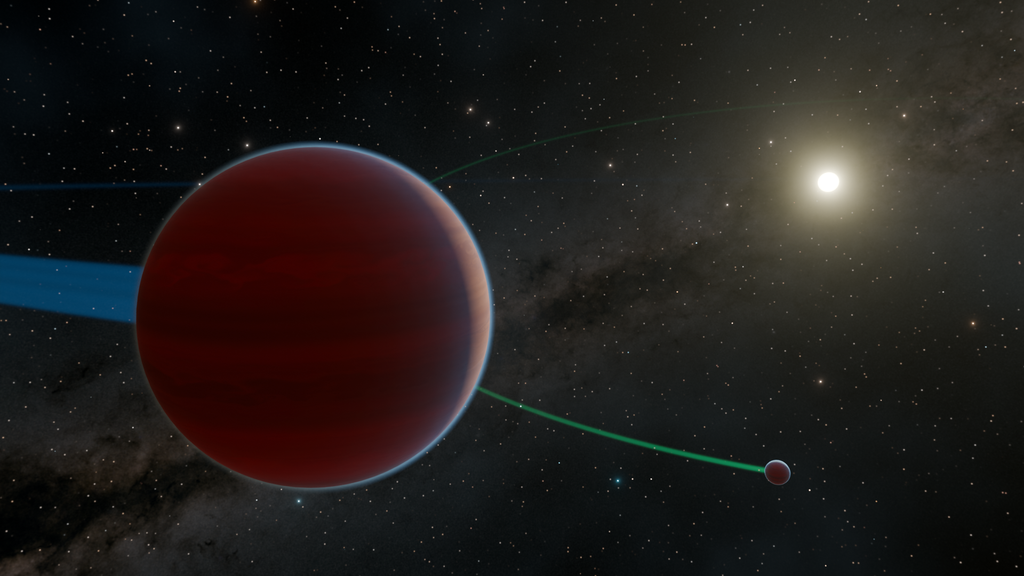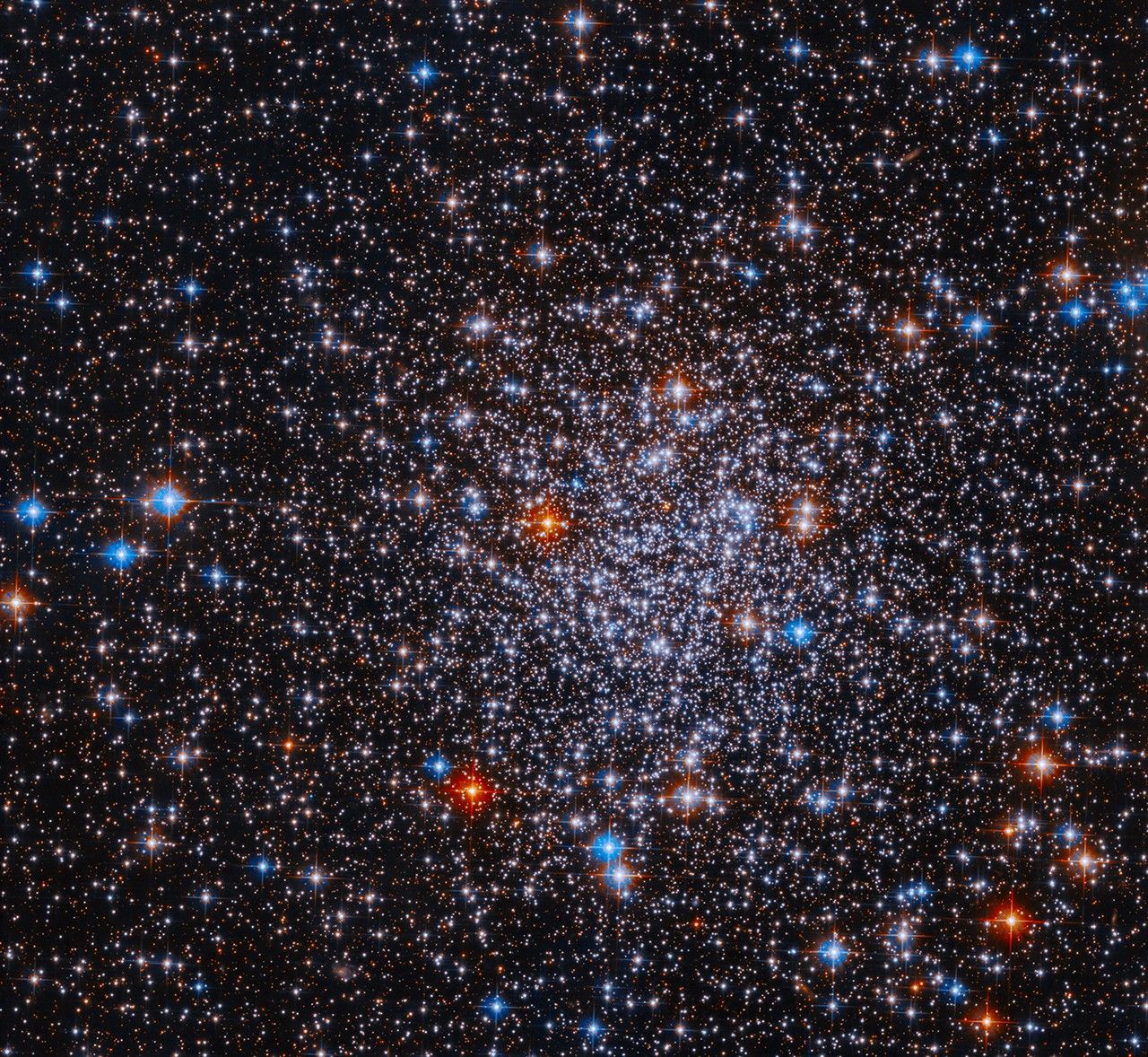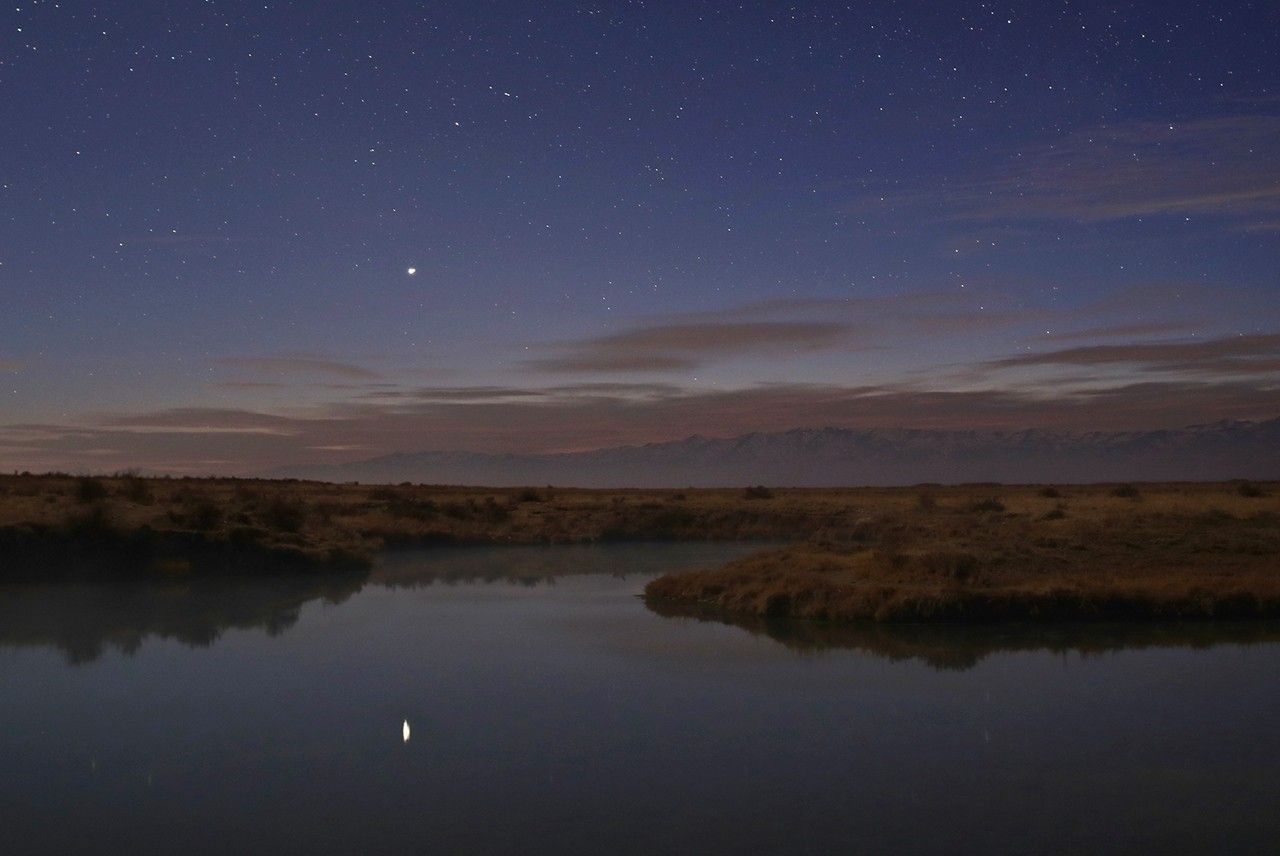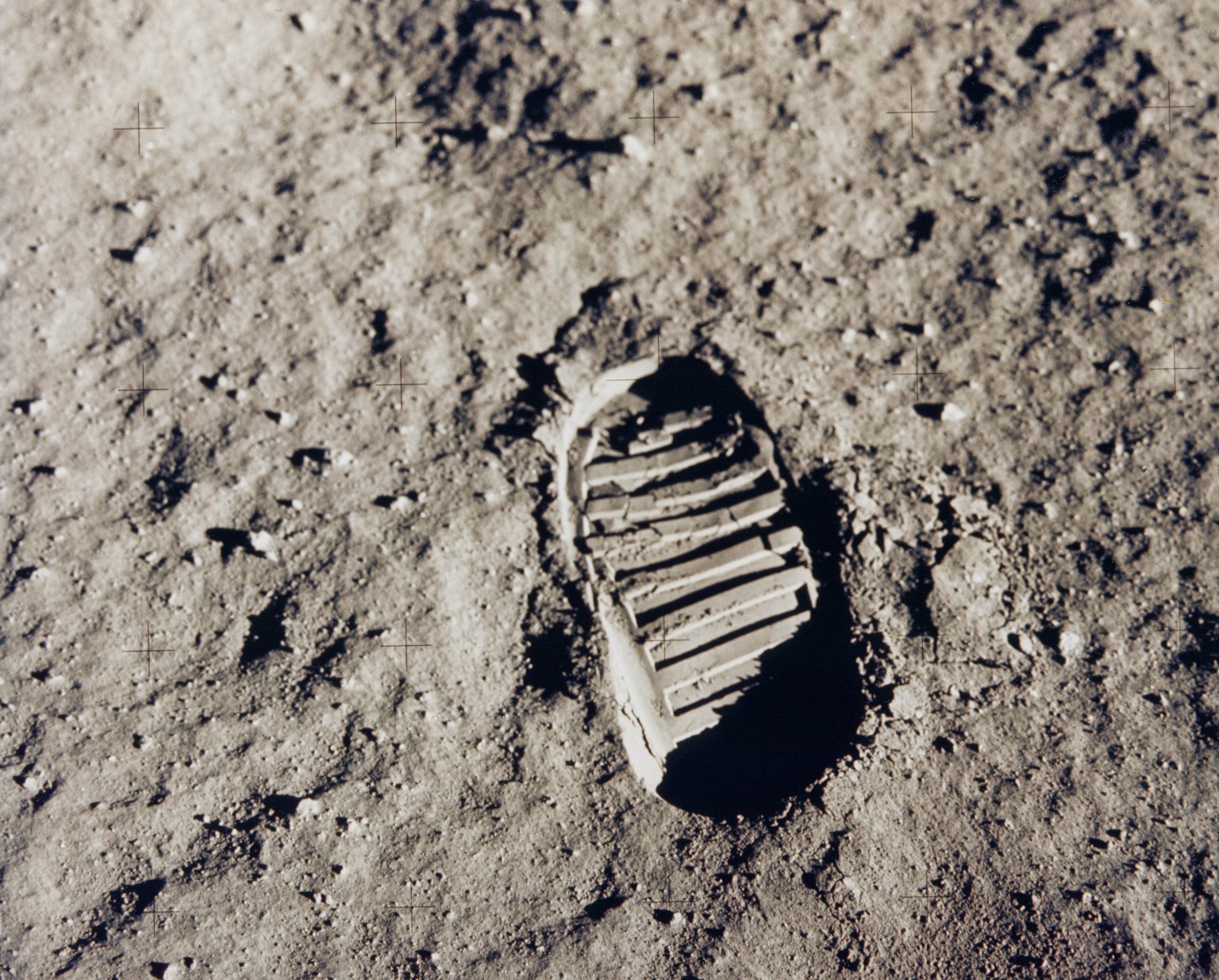NASA recognized five early-career scientist awardees of its Planetary Science Division Early Career Award (ECA) program during the program’s first dedicated plenary session at the 53rd Lunar and Planetary Science Conference (LPSC) March 9.
The ECA program supports the professional development of outstanding early-career scientists in areas relevant to NASA’s Planetary Science Division (PSD).
“I was honored to chair today’s session which spotlighted incredible contributions of these five researchers in the planetary science field,” said Lori Glaze, director of NASA’s Planetary Science Division. “I am excited to see how the ECA will help support their continued growth and leadership in our community.”
The ECA program’s goal is to advance the research and professional development of exceptional early-career scientists by granting up to $200k to each of the selected principal investigators. Support from the program is intended to help promising individuals play an increasing and meaningful role in the planetary science community. Proposals submitted to ECA are evaluated mainly on two factors:
- Potential career-development impact of proposed use of ECA funds
- Potential for Impact, Leadership, and Community Involvement
The selected projects span the full breadth of planetary science research, and the principal investigators are based at institutions across the country:
Kristen Bennett / United States Geological Survey, Flagstaff, Arizona
In this project, Dr. Bennett will mentor a cohort of students who will contribute to mapping of volcanic landforms on the Moon. As well as addressing lunar science and exploration goals, this project will allow Dr. Bennett to develop her leadership and mentoring skills, support students, and provide tools for increasing diversity and inclusion in the planetary science community. In this way, Dr. Bennett will be playing an important role in training the next generation of planetary scientists.
Abigail Fraeman / NASA’s Jet Propulsion Laboratory (JPL)
The focus of Dr. Fraeman’s project will be to develop a new micro-imaging spectrometer that can be used to characterize the spectral properties of materials, and particularly to measure volatile and organic components. Such an instrument could be used in the future to help understanding of habitability and the evolution of the inner solar system.
Sharon Purdy / Smithsonian Institution
Dr. Purdy’s research focuses on the geology and geomorphology of landforms on Mars that were formed or modified by water. The ECA funds will allow Dr. Purdy to pursue an analog study of alluvial fans in the Atacama Desert in Chile, with the goal of providing insight into the late-stage climate evolution of Mars, and will support the participation of a student in the Atacama fieldwork. Dr. Purdy will also use the ECA funds to support the planetary science community through convening relevant workshops, hosting four summer interns at the Smithsonian Air and Space Museum, and contributing to white papers.
Alicia Rutledge / Northern Arizona University
Dr. Rutledge studies the effects of present-day processes on Earth to assess the climate history of planetary surfaces from their mineral and chemical records. Dr. Rutledge conducts their research through a combination of terrestrial analog programs that uses geologic fieldwork, laboratory mineral and chemical analyses, and remote sensing spacecraft data analysis from Earth and other planetary surfaces, particularly Mars. The ECA funds will significantly contribute to the strategic development of a field-portable laboratory, FieldLab, which will advance Dr. Rutledge’s and NAU’s leadership in planetary science while providing training opportunities for students in how to conduct analog fieldwork.
Angela Stickle / Johns Hopkins University Applied Physics Laboratory
Dr. Angela Stickle uses a combination of experiments and models to understanding the physics involved in impact cratering, a dominant process in planetary surface evolution. The ECA funds will be used to expand Dr. Stickle’s research and leadership in the hypervelocity impact cratering and planetary defense communities, by enabling participation in working groups and meetings as well as supporting a cohort of research interns.
Individuals interested in applying for NASA’s ECA program must have a funded ROSES grant from the past two ROSES cycles and must be within 10 years of receiving their terminal degree. The deadline for the ROSES-2022 ECA program is December 8, 2022. Click here for more information about the program and eligibility requirements.
For more information about NASA’s planetary science, visit:
https://www.nasa.gov/solarsystem
-end





























